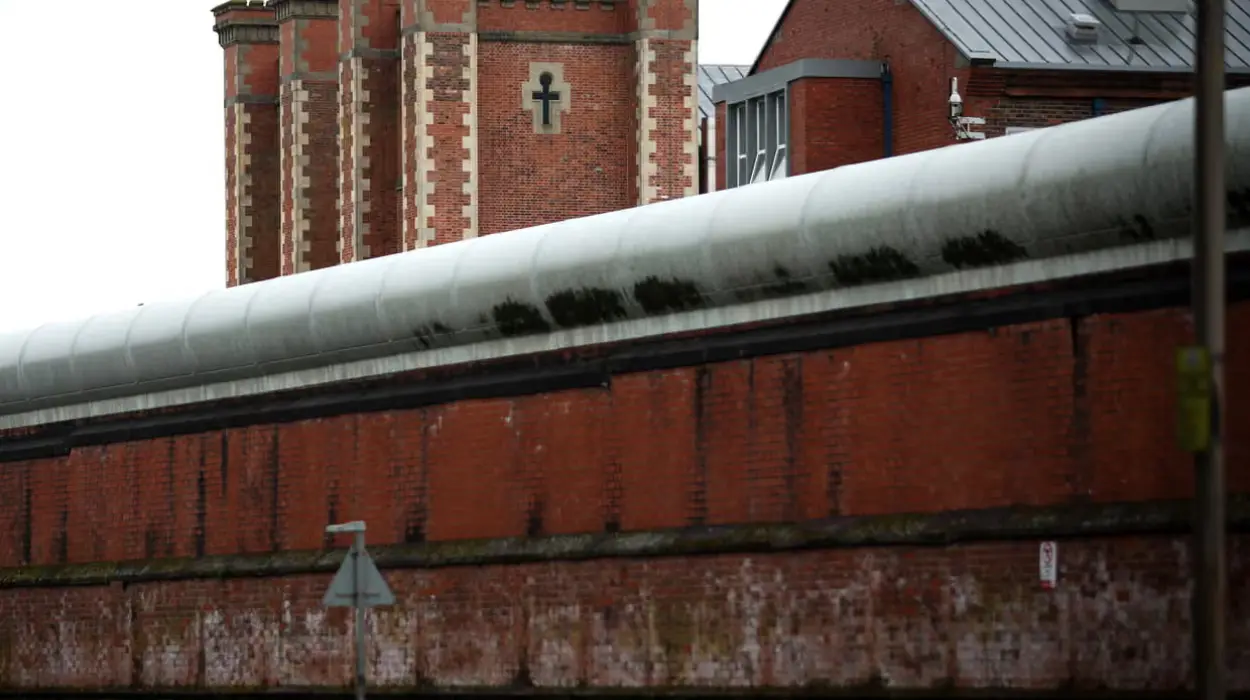UK (Parliament Politics Magazine) – Labour plans to abolish most short prison terms in England & Wales, boost community punishments, and allow early release via a Texas-style scheme.
As reported by The Guardian, the UK government plans to scrap most short sentences, strengthen community punishments, and launch a Texas-style early release scheme to ease the prison crisis.
What did government sources say about the new sentencing shake-up?
Official sources confirmed Britain will unveil the largest sentencing reform in England and Wales for 30 years when MPs return to the Commons in September.
Justice Secretary Shabana Mahmood acknowledged the need to act swiftly to prevent a prison capacity crisis next summer.
Last summer, Labour freed thousands of prisoners shortly after taking office.
Government-backed sentencing reforms follow recommendations from former justice secretary David Gauke’s spring review. The legislation introduces an “earned progression” system, letting prisoners on fixed-term sentences gain early release for good behaviour.
Certain prisoners, including violent offenders, can earn early release after serving a third to half of their sentence, but terror convicts and the most dangerous remain exempt.
The scheme follows a Texas model seen firsthand by Ms Mahmood this year. Under the new bill, sentences under 12 months will be abolished, except in exceptional cases.
Ministry of Justice’s prison reform and tougher punishments
Ministry of Justice’s latest figures reveal 62% of prisoners serving under 12 months reoffended in July–September 2023.
The government plans to toughen community punishments, letting courts impose fines, seize assets, and restrict travel and football attendance.
Ms Mahmood aims to boost community services, with offenders helping councils repair roads and remove graffiti.
Courts may issue suspended sentences for up to three years, targeting low-risk offenders with complex needs like pregnant women and substance users.
New legislation will confine sexual and violent offenders to defined ‘restriction zones’, monitored using technology and enhanced tagging.
The government will fast-track the deportation of foreign offenders after conviction, a move critics warn could let some avoid full punishment.
Justice Secretary plans voluntary chemical castration for sex offenders, piloted in two regions, with consideration of making it compulsory.
What did the government say about tackling the prison crisis?
A government spokesperson stated,
“This government inherited a prison system days away from collapse. That is why we are building 14,000 more prison places – with 2,500 already delivered – but we know we can’t build our way out of this crisis. Without further action, we will run out of prison places in months, courts will halt trials, and the police will cancel arrests.”
They added,
“That is why, as part of our plan for change, we are overhauling sentencing to make sure we always have the prison places needed to keep the country safe.”
Ministry of Justice’s views on prison overcrowding
A Ministry of Justice spokesman stated,
“This Government inherited prisons days from collapse and had no choice but to take decisive action to stop prisons overflowing and leave police unable to make arrests.”
They added,
“Public protection is our number one priority. Offenders out on licence face strict conditions and will be brought back to prison if they break these rules. We are building 14,000 prison places and reforming sentencing so jails never run out of space again.”
What did Robert Jenrick say about Labour’s early release scheme?
Robert Jenrick, the shadow justice secretary, added,
“The public are sick of soft justice. Instead of introducing emergency measures to let criminals out early, Starmer should change our broken human rights law so we can deport the thousands of foreign offenders clogging up our jails. These shocking statistics explain why Britain feels lawless.”
Key facts about prisoners in the UK
The UK has 87,726 prisoners as of June 2024, with 24% held in crowded cells. Safety remains a major concern, with 237 prisoner-on-prisoner assaults and 122 assaults on staff per 1,000 inmates, while self-harm incidents are also high.
Reoffending remains a challenge, with 63% of prisoners securing housing on release and 50% reoffending within a year. Ethnic minorities make up 27% of inmates, and foreign nationals 12%, with Albanians the largest group.

